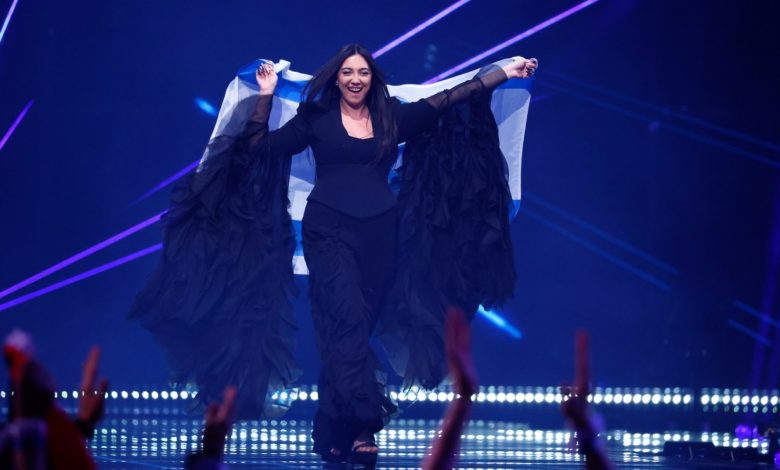Eurovision Song Contest Changes Rules After Israel Public Vote Controversy: “We’ve Listened and We’ve Acted”

The Eurovision Song Contest is implementing new rules around its voting system after uproar around Israel’s result in May.
When entrant Yuval Raphael sang “New Day Will Rise” at the competition held in Basel, Switzerland, she swiftly topped the public voting charts and later placed second to Austria when the jury scores were counted.
But some countries, including broadcasters in Ireland, the Netherlands, Belgium, Spain, Iceland and Finland, raised concerns about the public vote and requested an audit. Organizers of the contest at the European Broadcasting Union (EBU) said the vote was checked and verified.
Now, the song contest has restructured its voting and promotion rules ahead of next year’s edition in Vienna. “We’ve listened and we’ve acted,” said Eurovision director Martin Green. “The neutrality and integrity of the Eurovision Song Contest is of paramount importance to the EBU, its members, and all our audiences. It is essential that the fairness of the Contest is always protected.”
It comes as the contest — in most years considered a joyous, eccentric celebration of the world’s music — has turned sour through the last few editions as increasingly polarizing geopolitics loom over the show.
Many countries and participants have objected to Israel’s taking part over the war in Gaza. Ireland, the Netherlands, Slovenia and Spain are among those that have threatened to boycott 2026’s contest unless Israel is excluded.
Eurovision organizers had vowed to talk to all of its members and hold a vote on Israel’s participation in November. It is unclear if the following rule changes are intended to appease the widespread outrage.
Fans will now only be able to cast 10 votes each — down from 20 — and juries will return for the semifinals for the first time since 2022, creating a 50-50 split vote between jury and audience votes at the final. All jurors—the number has been increased from five to seven—will be forced to sign a formal declaration confirming they will vote independently and impartially. Jurors aged 18-25 will be added to “reflect the appeal” of the contest with younger audiences.
The EBU is also barring its participating broadcasters and artists from “actively” engaging in, facilitating or contributing to promotional campaigns by third parties “that could influence the voting outcome and, as outlined in the updated Code of Conduct, any attempts to unduly influence the results will lead to sanctions.” Reports at the time said the Israeli government agency paid for ads and used state social media accounts to urge audiences to vote for Raphael, according to the BBC.
“These measures are designed to keep the focus where it belongs — on music, creativity and connection,” said Green. “While we are confident the 2025 Contest delivered a valid and robust result, these changes will help provide stronger safeguards and increase engagement so fans can be sure that every vote counts and every voice is heard.”
“The Eurovision Song Contest must always remain a place where music takes centre stage — and where we continue to stand truly United by Music,” he added.
The 2026 Eurovision Song Contest Grand Final will take place Saturday, May 16.
HiCelebNews online magazine publishes interesting content every day in the music section of the entertainment category. Follow us to read the latest news.





